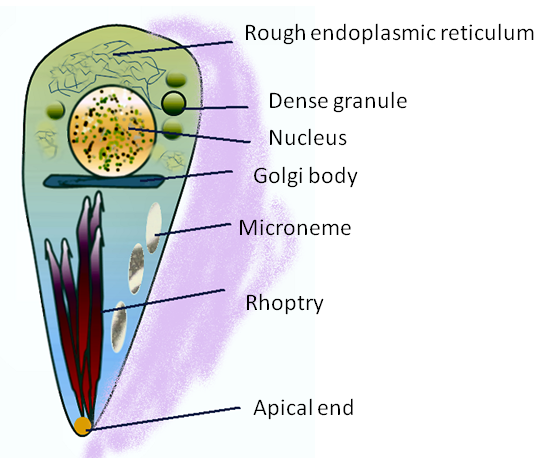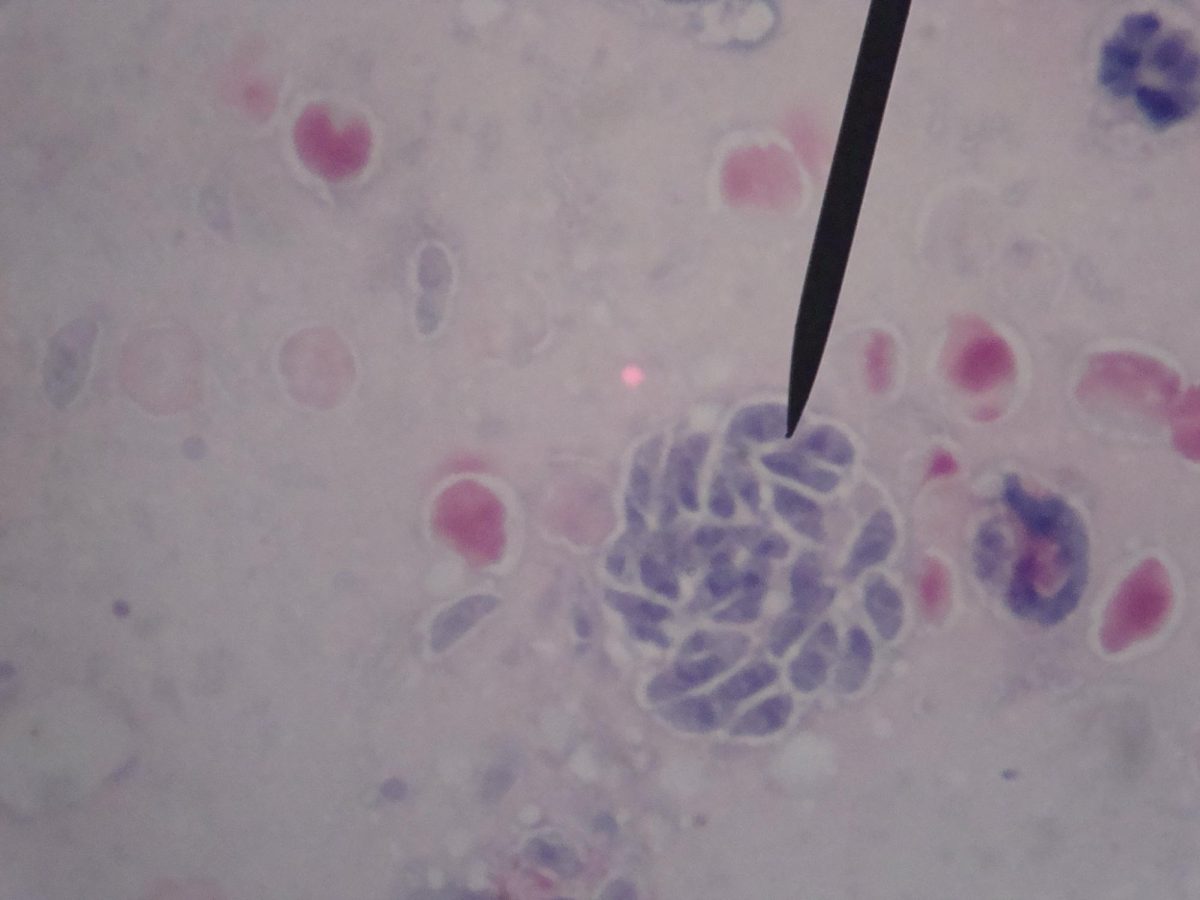Domesticated cats are a predominant component of American culture, potentially rivaling dogs as man’s best friend. What is unbeknown to many, however, is that these furry friends may be inadvertently spreading a brain-altering parasite to humans. An infected cat may excrete the parasite, Toxoplasma gondii, through its feces. If humans accidentally ingest this, the parasite can infect a human host.
New research suggests that the parasite could instead serve a more beneficial purpose as a drug transporter as it may deliver important therapeutic proteins into brain cells. Considering that some neurological conditions are correlated with a lack of specific proteins in the brain, this parasite may be modified to deliver an optimal amount of proteins to help mitigate, or lessen, the effects of various neurological disorders.
The primary research study involved in this biological discovery found that researchers were effectively able to modify the parasite to allow for protein transportation. The specific proteins transported are those that humans with the neurological disorder Rett Syndrome typically lack, according to the study.
“As a professor of microbiology, I’ve dedicated my career to finding ways to kill dangerous parasites such as Toxoplasma,” said Bill Sullivan, professor of pharmacology and toxicology at Indiana Bloomberg, in a scientific article published by theconversation.com. “I’m fascinated by the prospect that we may be able to use their weaponry to instead treat other maladies.”
To understand the significance of these, it’s important to first understand the general science behind the parasite’s infection ability. A double phospholipid bilayer generally protects brain cells from unwanted substances entering the brain. While many small molecules are able to easily pass, larger molecules may require assistance to go through.
Many parasites, which are oftentimes considerably large, have the unique ability to bypass this control system, infecting their hosts. Scientists hope to take advantage of this parasitic ability, modifying the Toxoplasma gondii so that proteins can attach to it and be discharged upon nerve cell entry.
“[Substances] need to be made out of something specific in order to be able to pass through [the bilayer],” said Moorpark College electrical engineering major Alex Chrikjian. “[The parasite] makes transportation of nutrients, or whatever that you need to transport, just much easier. That would greatly improve medicine in general.”
Proteins perform a range of biological functions, from enzymes that digest nutrients, to hormones that send chemical signals throughout the body, to even antibodies to help fight off infections. While the DNA codes for specific information to be expressed, proteins perform this expression. A lack of certain proteins may correlate with sub-optimal biological functioning, including negative neurological damage.

If effectively harnessed by scientists, Toxoplasma gondii may help lessen the effects of neurological disorders due to its unique protein transportation ability. However, research is still in its early stages, so there are inevitably limitations in its implementation. Research has yet to be applied in human clinical trials, as the most complex life form tested has been mice, according to the primary research journal.
While the purpose of the study was to test the ability of the parasite to deliver specific proteins into brain cells, it did not significantly address how the parasite would be able to be excreted from the body after it is injected or how its natural instinct to modify the host genome can be reduced.
“How are the good and negative effects correlated together — how are they going to work together?” said Moorpark College Psychology Club President Jacob Sherman. “Because the brain is super complex, and from what I’ve gathered, it seems like everything kind of works in unison and a big process … If we still have these limitations, how is it affecting the process as a whole, and then how can we mitigate that?”
While there is yet to be mainstream published research focused on modifying the parasite to no longer act in a parasitic, harmful manner, there are some hypotheses for how this could potentially work. Tyler Moore, a second-year Moorpark College manufacturing systems engineering major, related the potential modification of Toxoplasma gondii with his own engineering job responsibilities.
“Most of my job is programming machines,” said Moore. “The machine is meant to cut down material in specific ways. Now if it’s coded wrong, or if it’s not maintained properly — or some other various reason — the machine won’t do its job. It will destroy things that it’s not meant to destroy.”
Much like how engineers can alter the programming of machines, ensuring they perform a desired function, researchers may alter the programming of the parasite to minimize the harm it does to humans, Moore suggests. Toxoplasma gondii alters the genetic makeup of its hosts. If scientists adapt this modification technique and, ironically, use it against the parasite, this may help minimize the adverse effects.
“We program … machines to do specific tasks. We talk to machines in what we call ‘G–code.’ If there is a way that you could [similarly] program this parasite’s genome to do specific tasks, then that would be … plausible,” said Moore.
There is still much unknown regarding Toxoplasma gondii and its transportation ability, so further research is necessary before future implementation in humans. However, some experts believe that its future implementation may be promising and could even help decrease the severity of Alzheimer’s and Parkinson’s, according to Sullivan.
The primary study explains that research will continue on Toxoplasma gondii and its modified functions. The parasite may soon no longer resemble a parasitic relationship but instead, commensalism, in which humans benefit, with the parasite having no perceived gain. Although the idea may be daunting, the parasite could help foster healthier brains, improving the lives of those suffering from neurological disorders as research on Toxoplasma gondii develops.














